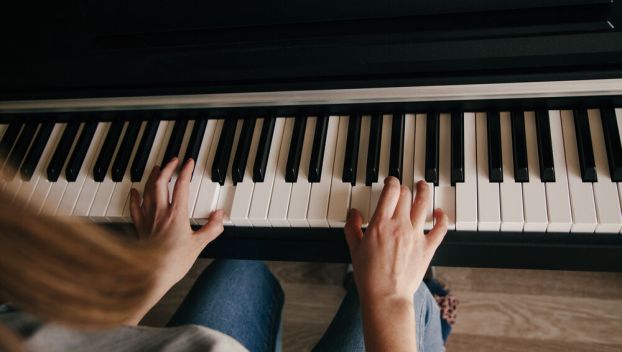
Lifestyles
The invaluable skill of playing piano
Every musician — especially if you have aspirations for a career in music or if you want to ... Read more

Every musician — especially if you have aspirations for a career in music or if you want to ... Read more